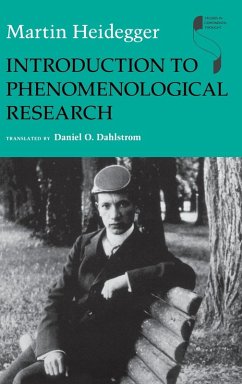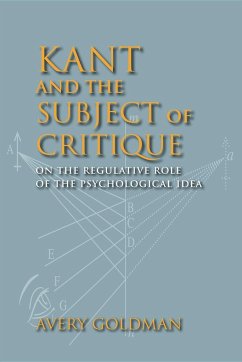
Holderlin's Hymns "Germania" and "The Rhine"

PAYBACK Punkte
17 °P sammeln!
Martin Heidegger's 1934-1935 lectures on Friedrich Hölderlin's hymns "Germania" and "The Rhine" are considered the most significant among Heidegger's lectures on Hölderlin. Coming at a crucial time in his career, the text illustrates Heidegger's turn toward language, art, and poetry while reflecting his despair at his failure to revolutionize the German university and his hope for a more profound revolution through the German language, guided by Hölderlin's poetry. These lectures are important for understanding Heidegger's changing relation to politics, his turn toward Nietzsche, his thinki...
Martin Heidegger's 1934-1935 lectures on Friedrich Hölderlin's hymns "Germania" and "The Rhine" are considered the most significant among Heidegger's lectures on Hölderlin. Coming at a crucial time in his career, the text illustrates Heidegger's turn toward language, art, and poetry while reflecting his despair at his failure to revolutionize the German university and his hope for a more profound revolution through the German language, guided by Hölderlin's poetry. These lectures are important for understanding Heidegger's changing relation to politics, his turn toward Nietzsche, his thinking about the German language, and his breakthrough to a new kind of poetic thinking. First published in 1980 as volume 39 of Heidegger's Complete Works, this graceful and rigorous English-language translation will be widely discussed in continental philosophy and literary theory.













